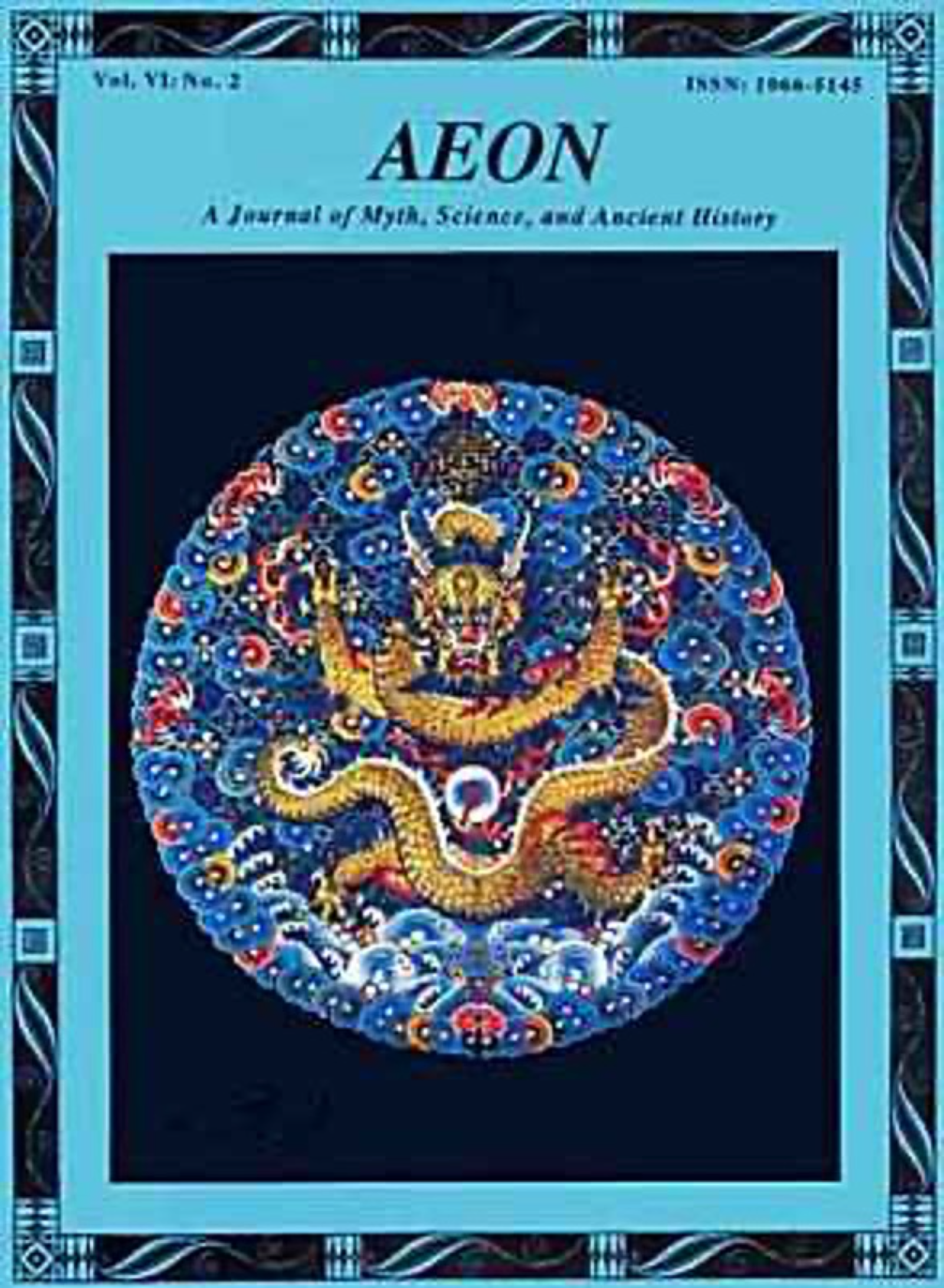This non-fiction, personal essay by Travis Alexander, “Why do Some Get Hooked on Pandemic Terror and Phobic Energy?,” explores the psychological aftermath of COVID-19 through a psychoanalytic lens. A Texan scholar of medical humanities, Alexander uses a mix of media commentary and theory to suggest that some individuals experience the waning of pandemic life not with relief, but with anxiety. Drawing on Freud’s concept of melancholy—a persistent, unconscious response to loss—he describes a form of “psychic loss” as social and cultural structures dissolve. He writes that people internalize the pandemic’s disruption, struggling to let go of crisis conditions they had grown to inhabit.
Linking this psychic condition to broader COVID-19 cultural narratives, Alexander draws a provocative parallel to the HIV/AIDS pandemic. He notes that some in the gay community once engaged in risky behaviors as acts of solidarity with the dead, interpreting this as a form of unresolved grief. Similarly, during COVID-19, Alexander argues, a shared melancholy has emerged—less about missing lockdown comforts than about retaining a connection to the fear and urgency that gave structure to life under crisis. The essay challenges conventional narratives of post-pandemic joy by focusing on loss, ambivalence, and the lingering emotional residue of global emergency.

Image Captions:
Cover of Aeon: A Journal of Myth, Science, and Ancient History.Citation: Alexander, Travis. “Why Do Some Get Hooked on Pandemic Terror and Phobic Energy?: Aeon Essays.” Edited by Pam Weintraub, Aeon, 20 August 2021, bit.ly/46V282p. NON-FICTION, ONLINE ESSAY | US. sm/jb/ig
Source Type: Scholarship on COVID-19 Studies
Country: US
Date: 20-Aug-2021
Keywords: COVID-19 Terror, Isolation, Post-Pandemic Melancholy, and Texas